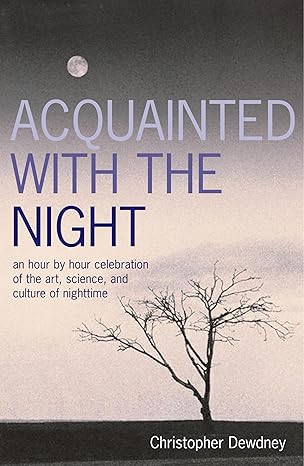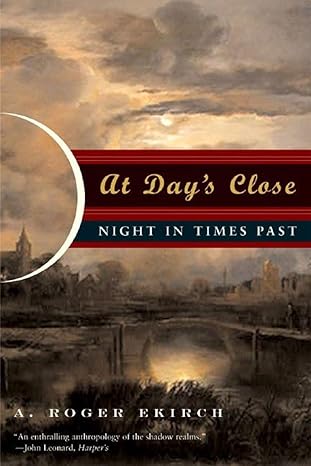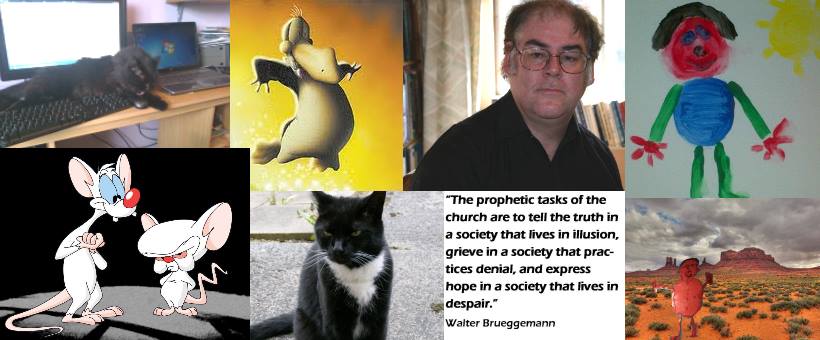
I have always been prone to crying through most of my adult life. I’ve never been one to boast of a stiff upper lip – I can hang on under certain circumstances but I will express my emotions when required. And sometimes – I just like a good cry.
Music, books, films, TV shows are all likely to trigger strong emotions in me. Oddly enough, I don’t always respond in the same way to the same trigger.
I recently watched a couple of what might be called ‘Bank Holiday Staples’ on TV. ‘The Magnificent Seven’ and ‘The Great Escape’ – both directed by John Sturgess and was both of them gave me moments where ‘I had something in my eye’.
In ‘The Great Escape’ there’s the scene where Ives, tries to climb the fence of the PoW camp after the discovery of the escape tunnel, and is shot. There’s Blythe, the forger, played by Donald Pleasance, who suddenly realises that he’s going blind – and the scene where he is shot within a short distance of freedom.
In ‘The Magnificent Seven’ there is the scene where Charles Bronson’s character explains to some hero-worshipping boys the true bravery of their fathers, who they consider to be cowards:
Don’t you ever say that again about your fathers because they are not cowards. You think I am brave because I carry a gun? Well your fathers are much braver because they carry responsibility, for you, your brothers, your sisters and your mothers. And this responsibility is like a big rock that weighs a ton. It bends and twists them until finally it buries them under the ground . They do this because they love you. I have never had this kind of courage….
It set me thinking about other films that have this effect on me. I do wonder whether if I look at these triggers I’ll get some sort of insight in to part of my psyche? Some years ago I remember reading about a psychologist who used fiction – films and books – as part of a therapeutic approach. basically see what emotional responses were obtained to see if there was any insights that could be drawn about the person receiving therapy or counselling. Here’s something in Psychology Today from a couple of years ago.
The first one that comes to mind for me is ‘Field of Dreams’. I have always had some interest in baseball, despite being a Brit, and I was introduced to this film by a dear friend of mine shortly after it was released. Two scenes do it for me; when ‘Moonlight’ Graham, played by Burt Lancaster, leaves the field to help a choking child knowing that he won’t be able to go back, and the scene at the end where Ray meets his long dead father. The latter scene resonated with me more after my father passed away when we had become estranged.
And then there’s ‘Up’. If you want a love story that will make any man cry buckets, watch the first 15 minutes.
‘The Fisher King’ where Jack Lucas watches the TV news and sees how his words triggered a mass shooting.
‘Saving Private Ryan’ – the cemetery scene where an elderly Ryan asks his wife whether he’s led a good life. I can rarely watch this film – it really does for me.
As does ‘The Green Mile’. Bloody hell. There are so, so many more. I guess I’m just a bit of an emotional trainwreck!
And it’s not a film…but a cartoon. The Futurama episode ‘Jurassic Bark’. I watched it once, cried like a baby, and skip through it when binge watching these days. And the final scene in The Simpsons ‘Do It For Her’ where Homer explains why there are no pictures of Maggie around the house…
Excuse me…I have something in my eye…again….


